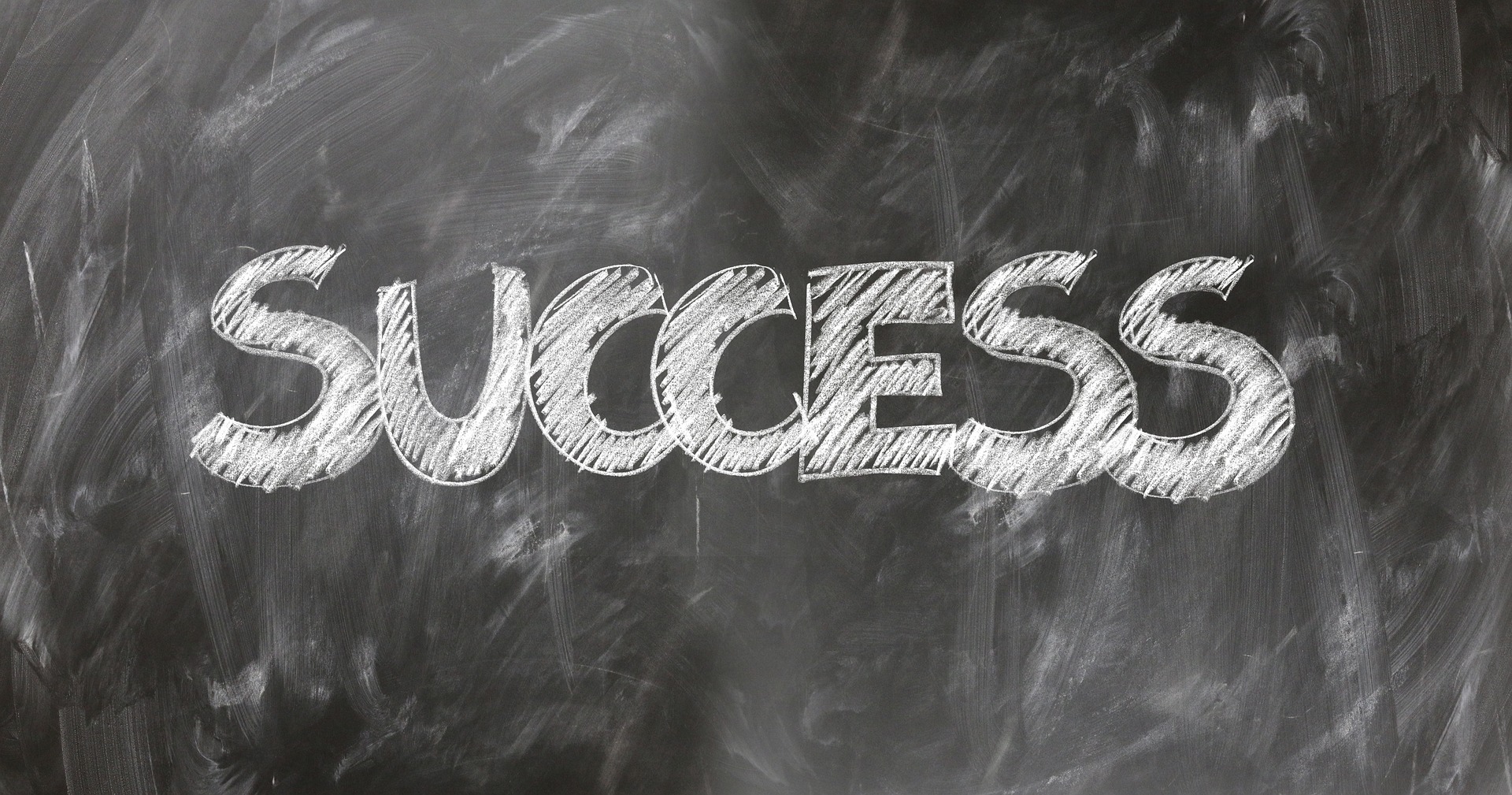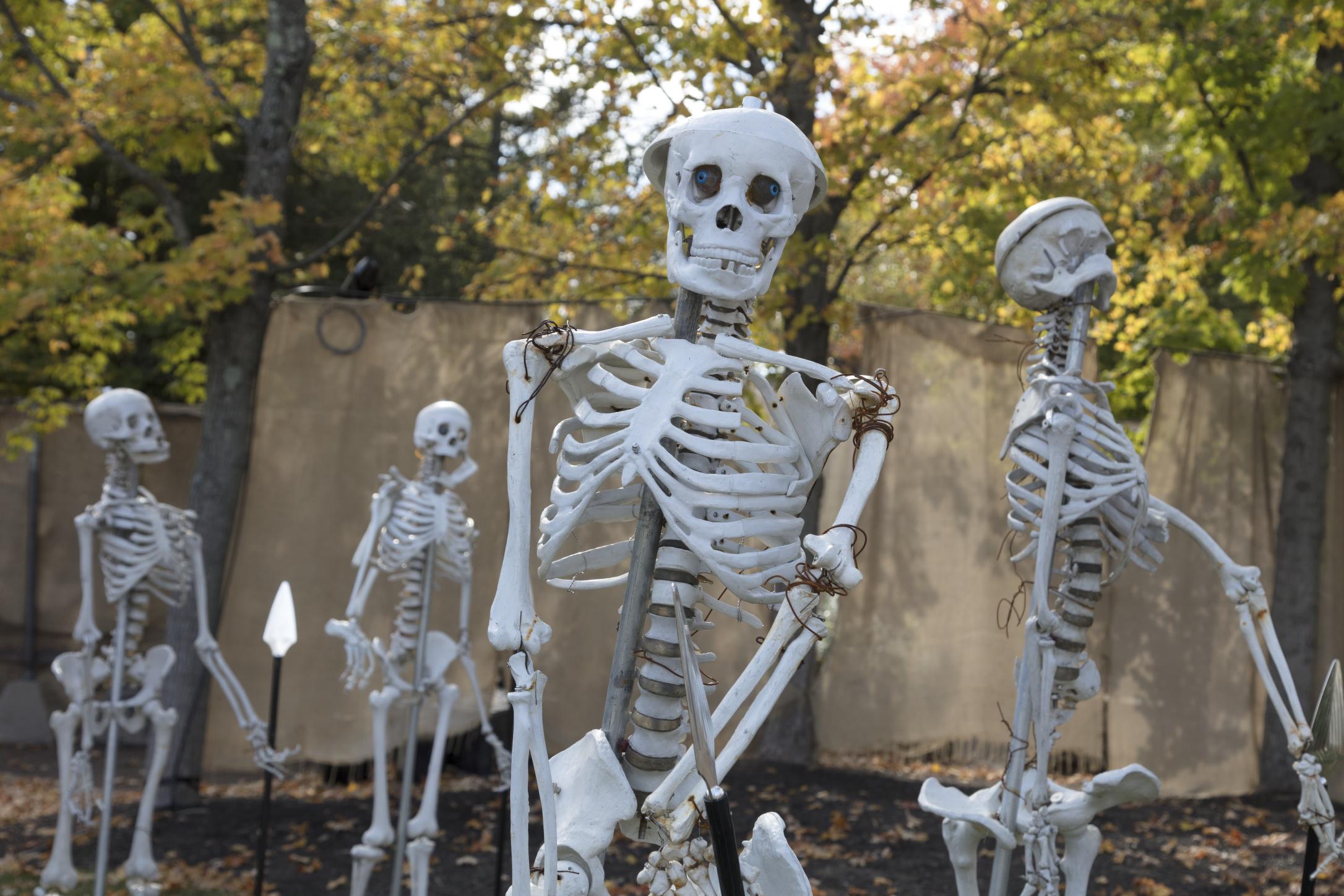I recently had the opportunity to teach a six-day summer English program at a junior high school. Having switched from junior high to elementary school three years ago, I was excited to tap back into my old skills and help teenagers build the confidence to speak up in class, a challenge that often comes more naturally to my younger elementary students.
The first day, however, was a humbling reminder of the importance of adaptability. I prepared what I thought was an amazing introductory lesson, designed to break the ice and generate excitement for the week ahead. My time in elementary school has ingrained in me the need for clear structure, not just in lesson content but also in classroom behaviour management. I brought a little too much of that mindset with me. I quickly found the junior high students struggled to loosen up, and that crucial student-teacher rapport I’d hoped for just wasn’t there.
And that’s okay. I’m sure every teacher has had a grand lesson idea that, in practice, missed the mark for a particular group. The most important thing isn’t the misstep itself, but the ability to reflect and adapt.
I realised that while I was nostalgic and excited to be back in a junior high setting, my first teaching job in Japan, the students were coming in during their summer break for a class they might not have chosen themselves. On top of that, they came from different classes and didn’t all know each other well. It was obvious that some walls needed to come down before any deep learning could happen.
So, on day two, I pivoted. I dropped the overly structured approach and instead came in with a flexible list of ideas, including a host of adaptable games. The core of the lesson involved group activities where students had to debate why their assigned item, idea or statement was superior to others. I broke up the thinking time with games and allowed the students to sit together in their groups in a more relaxed atmosphere.
The shift was immediate. Everyone loosened up. By the end of the session, every student wanted to participate in the debate, and some were even crafting spontaneous rebuttals. I followed a similar, more flexible structure for the remaining four days, and by the end of the course, the students were genuinely disappointed it was over.
This was my small win for the summer.
I’m sure this is a feeling we experience all the time as educators, but as humans, we can sometimes focus more on what doesn’t work. That feeling of a lesson finally clicking, of seeing students engage and thrive, is what I love about teaching. These wins manifest in different ways for every teacher: perhaps a quiet student finally speaks up, or a class has a collective ‘eureka’ moment with a difficult grammar point after you try a new approach.
I haven’t detailed the specific activities here because the goal of this post isn’t to highlight the what, but the why—the positive feeling we get from these small victories. It’s this feeling that keeps us going when stress builds up, and it’s so important to take a moment to reflect on the positives.
So, I’d love to hear from you. What was your most recent small win in the classroom? Share your story in the comments below
Banner Image by Gerd Altmann from Pixabay


